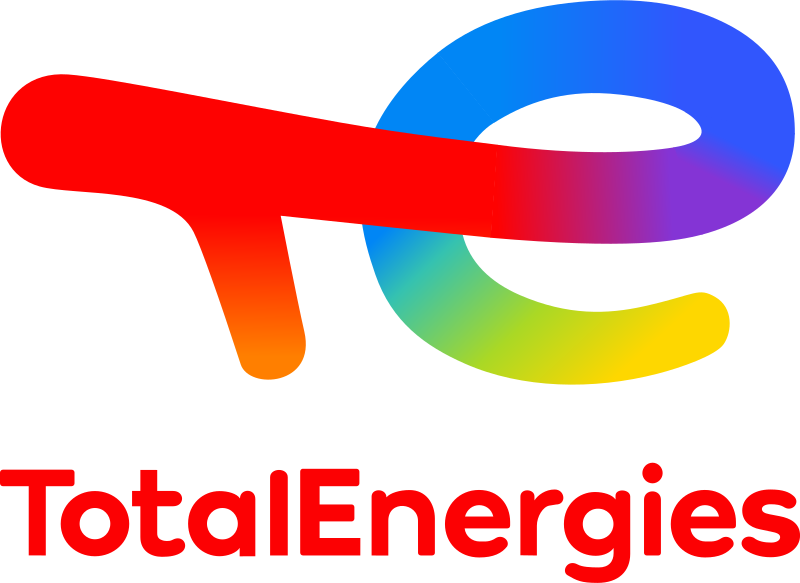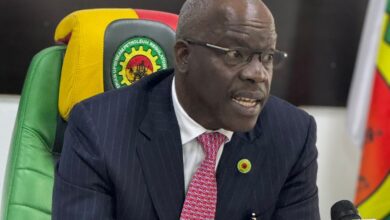COP28: TotalEnergies Donates $25m To Global Flaring, Methane Reduction Trust Fund

TotalEnergies has announced a donation of $25 million over 2024-2030 to the Global Flaring and Methane Reduction (GFMR) trust fund, an initiative of the World Bank.
The energy giant made the announcement on the occasion of the COP28 Methane Summit in Dubai, UAE.
This $25 million donation from TotalEnergies to the GFMR comes in addition to the Company’s efforts to continuously reduce its methane emissions and work with its partners to implement best practices on its non-operated assets.
The GFMR’s mission was to boost global efforts to end routine gas flaring and reduce methane emissions to the greatest extent possible along the entire oil and gas value chain by providing technical assistance, enabling policy and regulatory reform, strengthening institutions, and mobilizing finance to support action by governments and Oil & Gas operators.
The GFMR will strategically target, fund, and sustain engagements with countries representing the greatest emissions reduction potential.
Speaking, the Chairman and Chief Executive Officer (CEO) of TotalEnergies, Patrick Pouyanné said, “Methane is key in the fight against climate change this decade. At COP27, I called on all Oil and gas companies, national and international, to join the OGMP 2.0 and work toward zero methane emissions.
“At COP28, 50 companies representing 40% of global oil production have embarked on the Oil and Gas Decarbonization Charter pledge: the momentum is there and TotalEnergies is proud to be a signatory of this charter.
“Building on the legacy of our successful support of the World Bank’s “Zero Routine flaring” initiative, I am glad that TotalEnergies is renewing and increasing its support with its contribution to this new ambitious GFMR trust fund.
“TotalEnergies was the first International Company to answer positively to the World Bank call for funding as we are confident that this program will allow concrete actions with real and significant effects on methane emissions reduction”, he said.
Methane emissions come from multiple sources: agricultural activities, fossil fuel production and use, decomposing waste, etc. For the Oil and gas sector, slashing methane emissions from hydrocarbon production is a priority in its efforts to mitigate global warming.
After halving its methane emissions from its operated sites between 2010 and 2020, TotalEnergies set ambitious targets to step up its efforts and reduce methane emissions by a further 50% by 2025 – with the ambition to reach this target a year early, in 2024 – and by 80% in 2030, compared to 2020.
TotalEnergies is also committed to promoting the United Nations Oil and Gas Methane Partnership (OGMP 2.0) framework with other national and international oil companies. The Company has now held the OGMP Gold standard status for three years in a row.
TotalEnergies believes that it is the industry’s responsibility to reduce methane emissions to near zero by 2030. The Company was a founding member of the World Bank’s Global Gas Flaring Reduction (GGFR) partnership and endorsed the “Zero Routine Flaring by 2030” initiative that was launched in 2015.
This initiative has been fruitful, having been endorsed by over 100 governments, oil & gas companies, and development institutions. Building on the legacy of this successful initiative, the World Bank is stepping up and setting up the new Global Flaring and Methane Reduction (GFMR) trust fund, broadening its focus to include methane venting and leakage in addition to flare gas. TotalEnergies has responded positively to the call for contributions to this new fund.
Also speaking, the Global Director of the World Bank’s Energy and Extractives Global Practice, Demetrios Papathanasiou said, “Taking quick and decisive action on methane emissions could avoid as much as 0.1 degrees C of warming by mid-century – equivalent to zeroing out the emissions of every car and truck in the world. With GFMR we will support countries with the least capacity and resources to address methane emissions, while also leveraging billions of dollars of private sector finance”.






